
AeroGenie - مساعد الطيار الذكي الخاص بك.
الرائج الآن
Categories
SITA's Role in Aviation's Digital Transformation
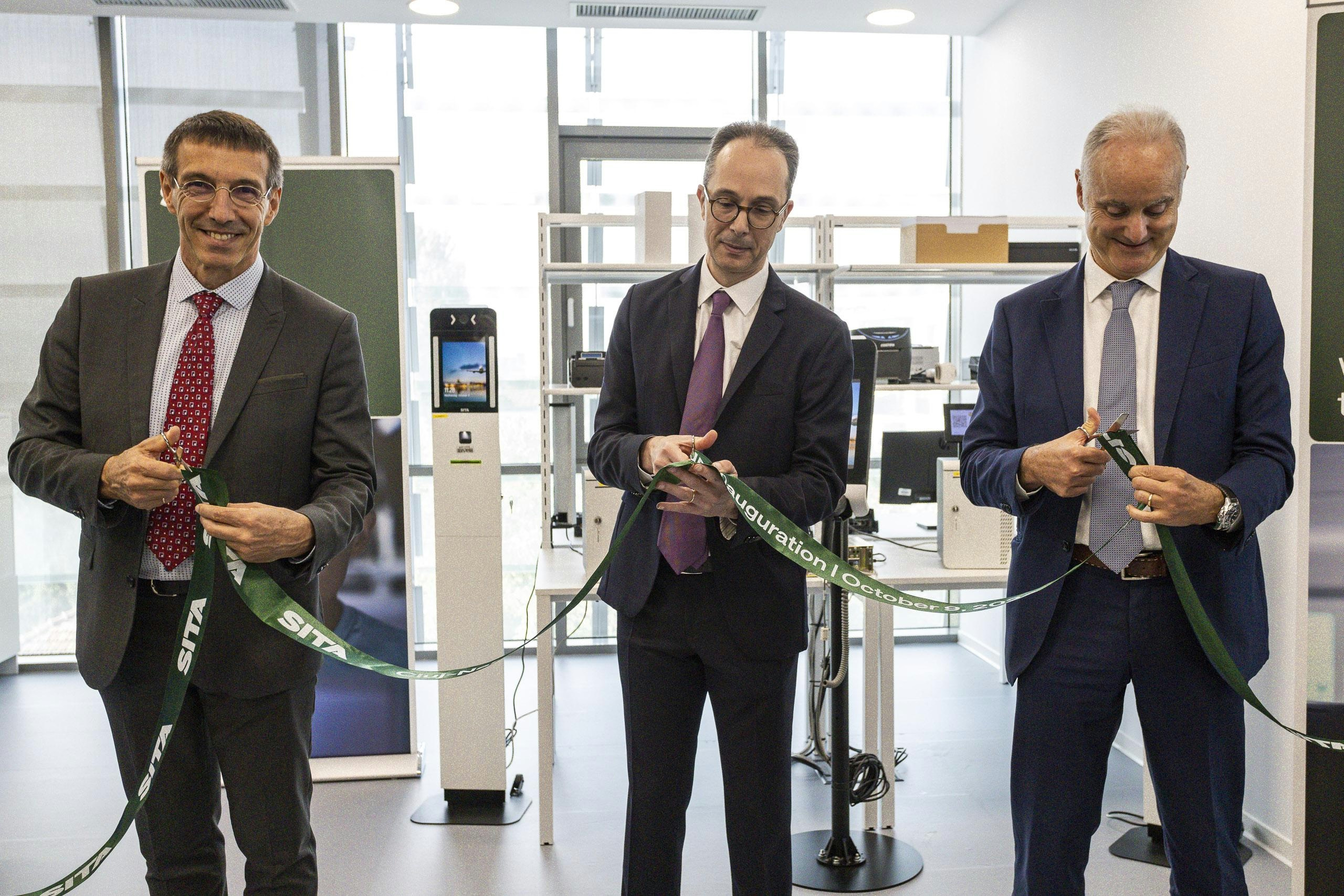
SITA's Role in Aviation's Digital Transformation
Airports around the world are undergoing a profound transformation, marked by the widespread adoption of self-service kiosks, facial recognition scanners, and digital passport gates. These visible innovations represent only a fraction of the extensive digital overhaul reshaping the aviation industry, much of which has been quietly driven by SITA, a travel technology provider with over seventy years of experience in shaping air travel.
SITA’s impact extends well beyond the development of new technologies. The company plays a leading role in deploying digital solutions across airports and airlines globally, turning concepts once considered futuristic into everyday operational realities. During a recent visit to SITA’s Singapore facility, AeroTime engaged with Sumesh Patel, SITA Asia Pacific President, who elaborated on the company’s critical role in this ongoing transformation.
From Concept to Widespread Adoption
Sumesh Patel, a veteran of nearly two decades at SITA, highlighted a pivotal shift in the industry: technologies are transitioning from pilot projects to broad implementation across airlines, airports, and government agencies. “The most exciting thing is that we’re moving from pilot projects and proof-led implementation to seeing these technologies in real life,” Patel explained. This evolution was prominently showcased at the reopening of SITA’s Customer Experience Centre in October 2025, where innovations in baggage handling, artificial intelligence for air traffic management, and biometric systems demonstrated that digital transformation is no longer a distant goal but a present-day reality.
Technology Designed to Serve People
Despite the rapid pace of technological advancement, Patel emphasized that the ultimate purpose of these innovations is to serve people rather than replace them. “At the end of the day, it’s still about people,” he stated. SITA’s strategy focuses on ensuring that digital solutions enhance the experience for passengers, airline staff, and regulatory authorities alike. The company measures success primarily through user confidence and tangible benefits, designing technology to simplify travel processes and empower employees.
Enhancing Baggage Handling Efficiency
SITA’s 2025 Baggage IT Insights report revealed a notable 8.7% reduction in baggage mishandling, even as passenger traffic increased by 8.2%. Since 2007, mishandling rates have declined by 67%, reflecting significant progress. Nevertheless, challenges remain: approximately 6.3 bags per 1,000 passengers are still lost, resulting in an annual industry cost approaching $5 billion. Modern travelers demand full visibility of their baggage journey and expect immediate updates when issues occur, underscoring the need for continued innovation in this area.
Addressing Broader Industry Challenges
SITA’s digital transformation initiatives are unfolding against a backdrop of broader challenges facing the aviation sector. The industry must build resilience amid geopolitical uncertainties while addressing the urgent imperative of decarbonization. Technology is increasingly recognized as a vital enabler in meeting these demands. The market has responded positively to SITA’s efforts, reflecting a strong appetite for innovation within the sector. Competitors are also accelerating their digital transformations; for instance, Virgin Atlantic has intensified its operational and technological overhaul under the leadership of Corneel Koster. Additionally, moves such as EPAM’s $1 billion share repurchase program highlight the industry’s commitment to integrating advanced technologies.
As SITA continues to spearhead digital transformation, its focus remains steadfast on leveraging technology to build a smarter, more resilient, and people-centered aviation industry.
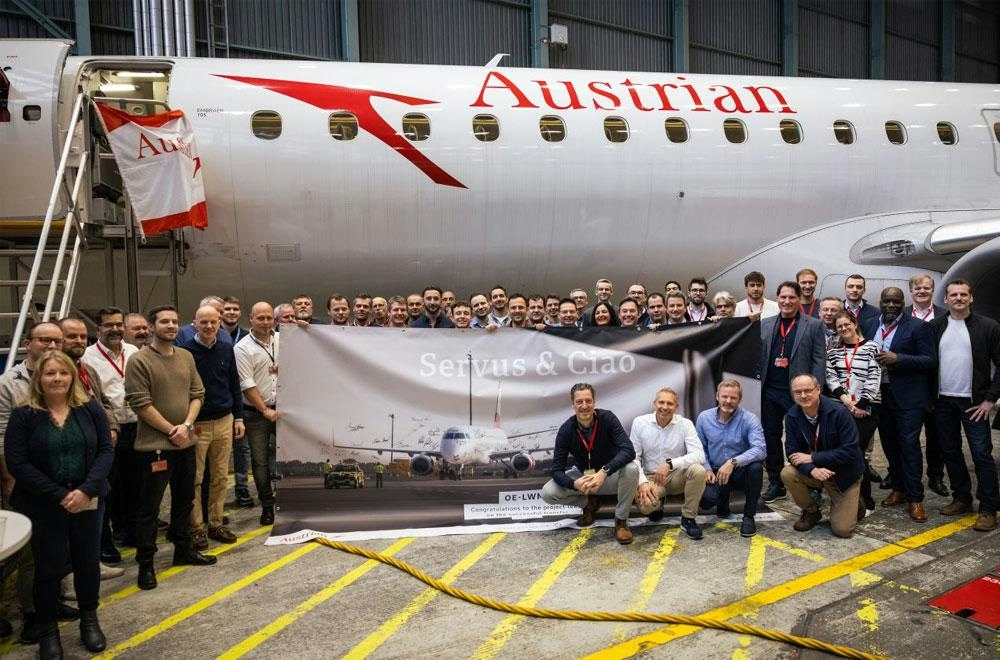
Austrian Airlines Transfers Embraer Fleet to Air Dolomiti
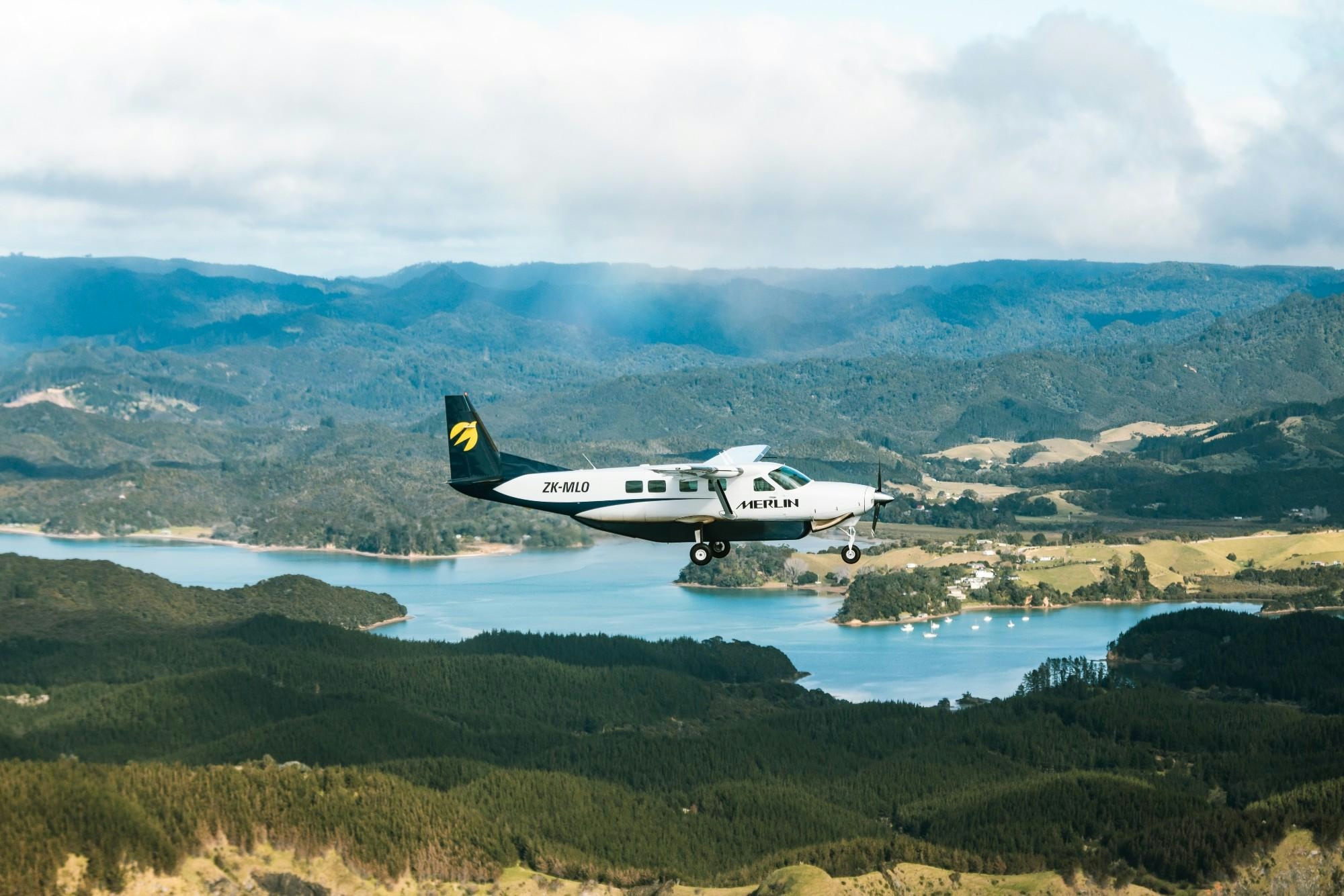
Merlin Labs: AI Aviation Company with SPAC Downside Protection

Heli-One Extends AW101 Search and Rescue Support in Norway

Falko Completes First Aircraft Sale in Japan

Joby Surpasses 50,000 Air Taxi Miles, Completes Fourth Global Demonstration
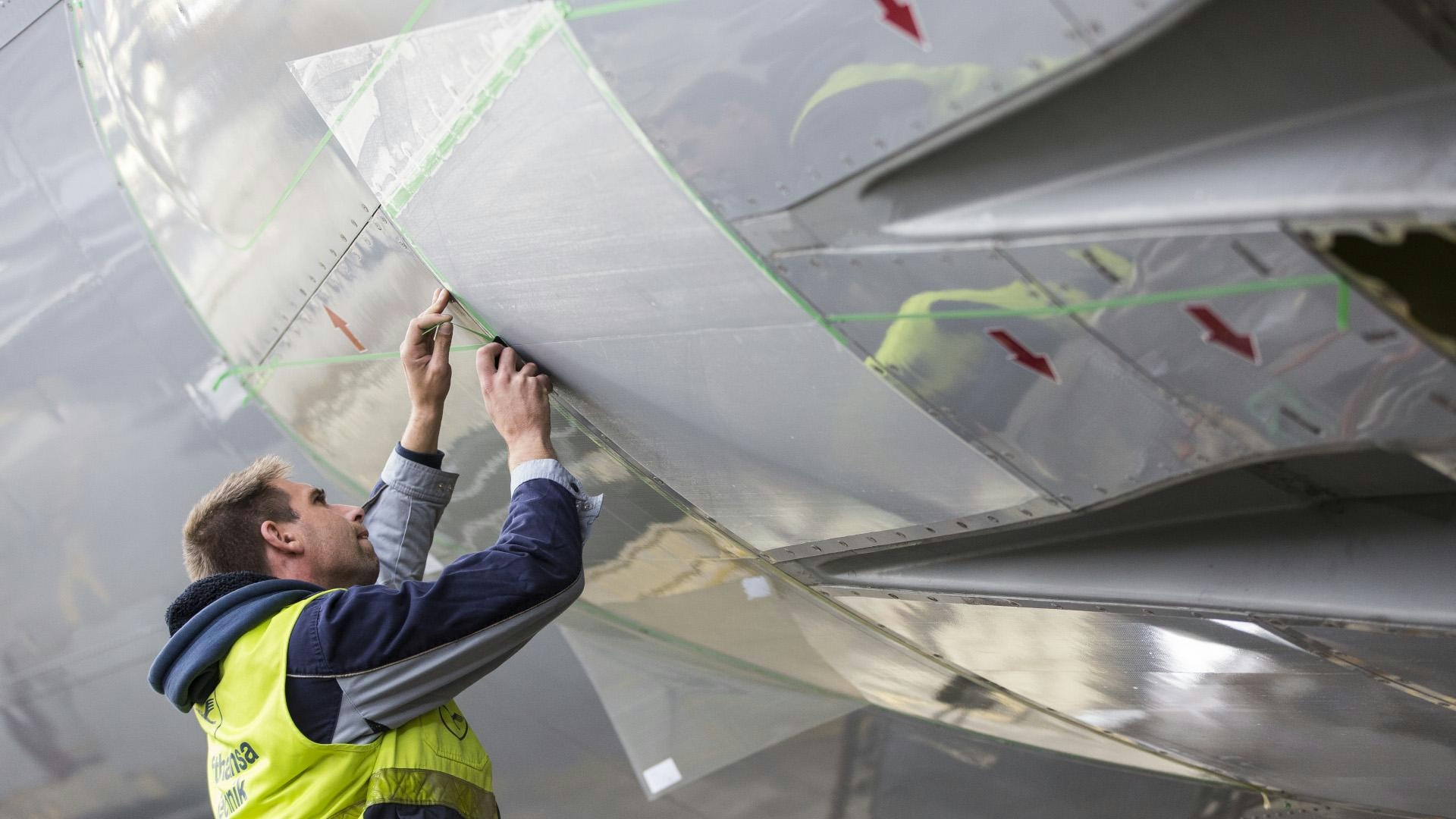
SWISS Renews Boeing 777 Component Support Agreement with LHT
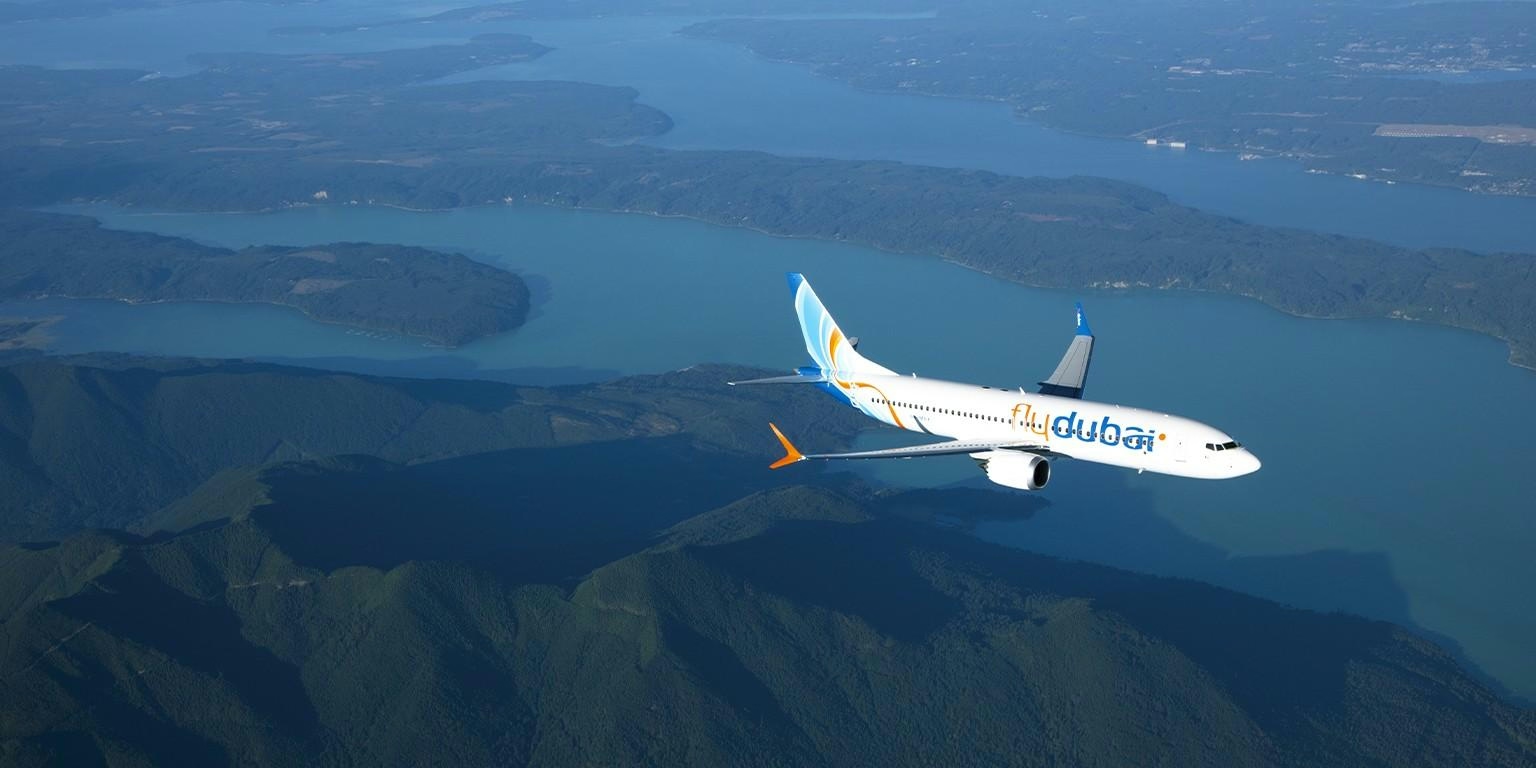
Flydubai Partners with Amazon Web Services to Enhance Digital Operations
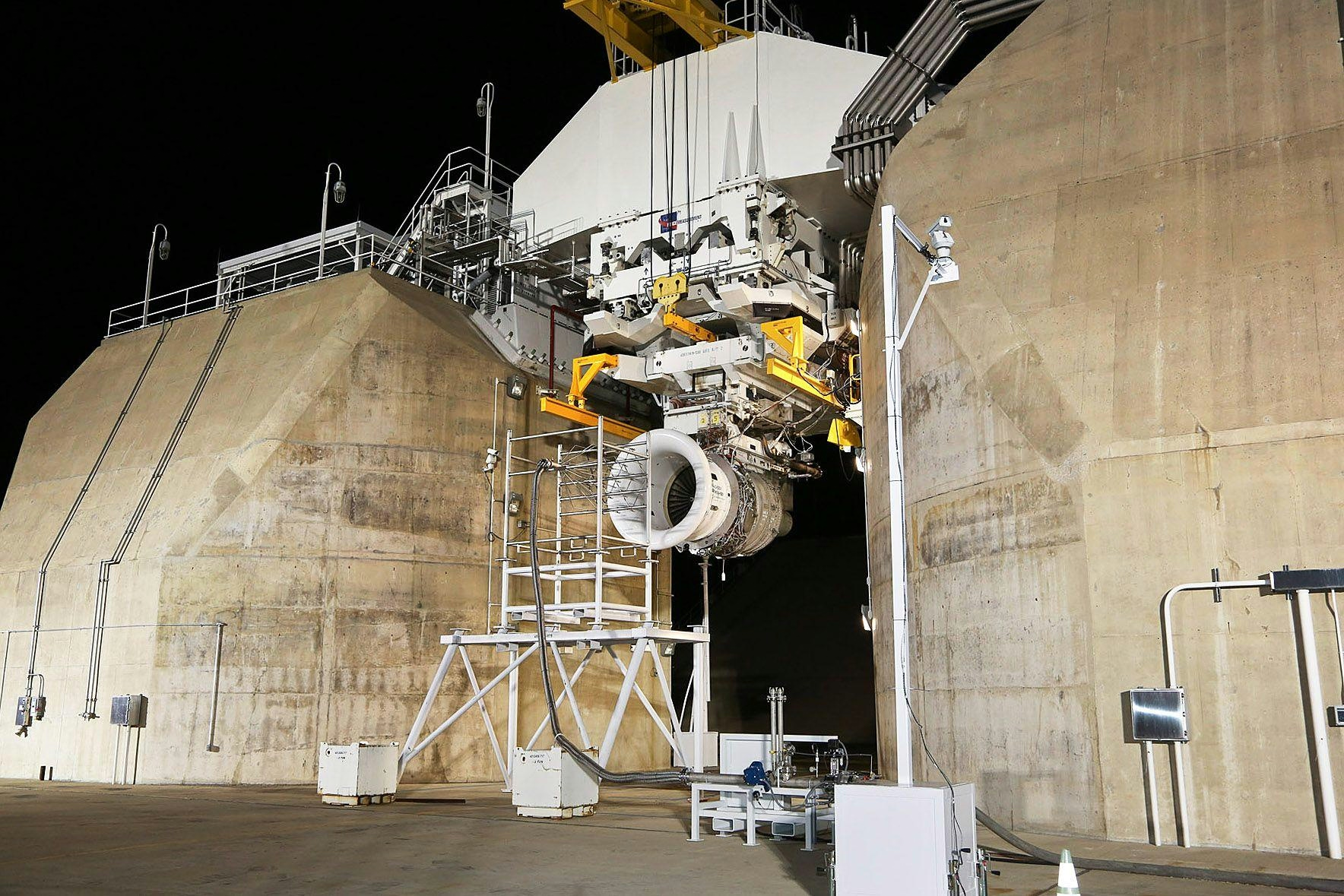
Do Chickens Get Thrown Into Aircraft Engines?
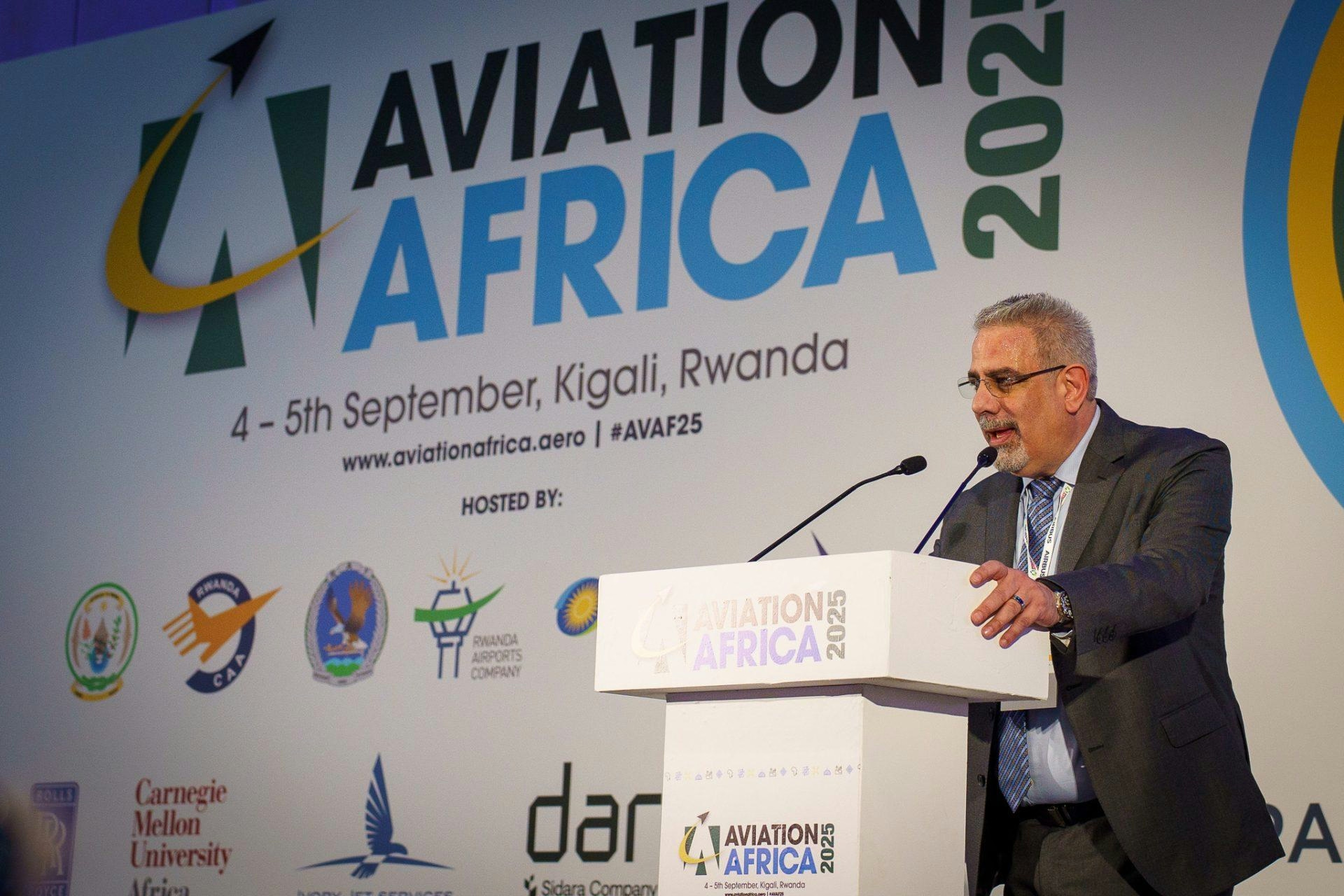
IATA Identifies Africa as the Most Expensive Region for Airline Operations
